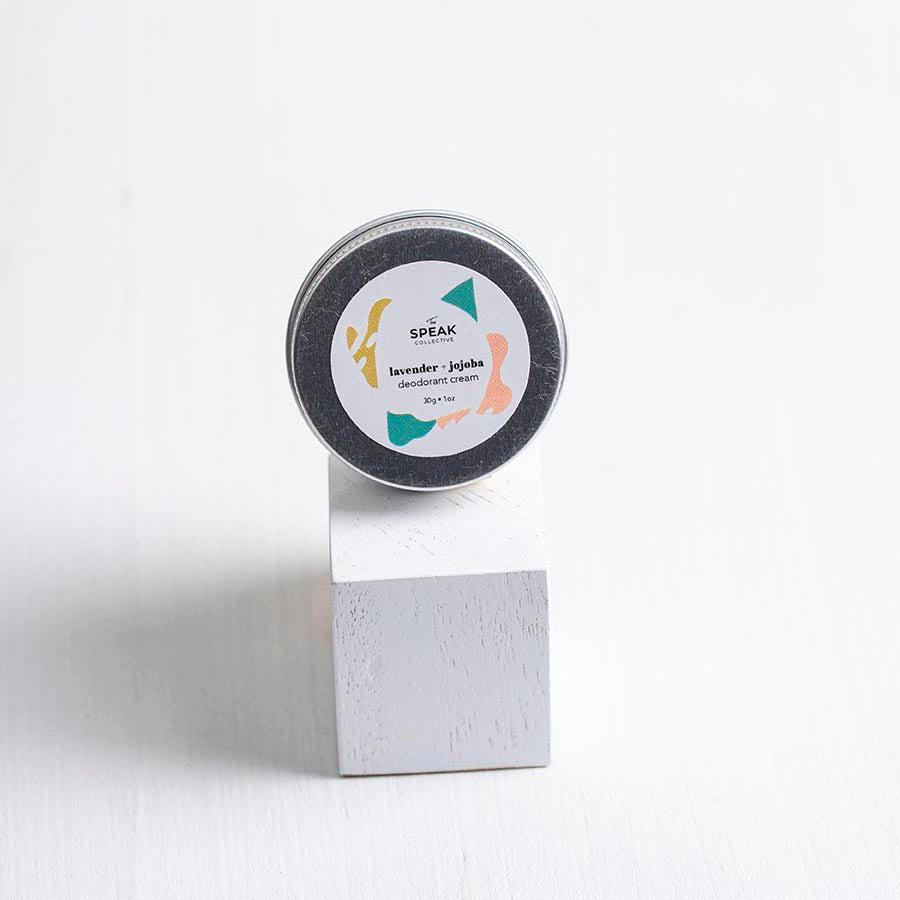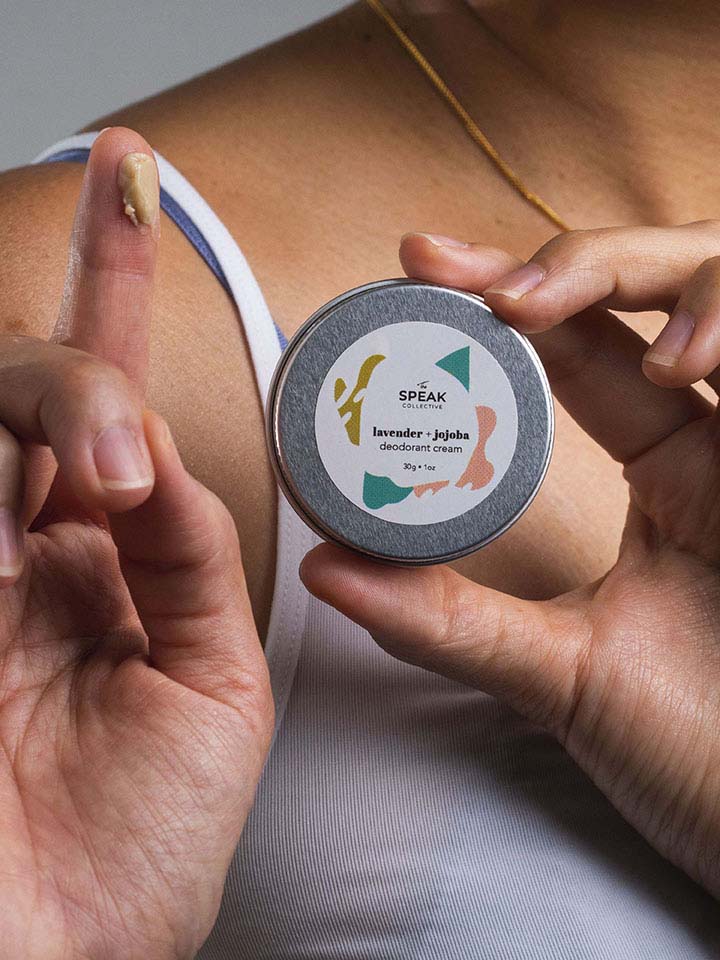Sustainability In Beauty And Fashion
By Hanna G.
April 22, 2020
One of my favorite parts of shopping is definitely unboxing. The thrill of opening a new package makes it feel like Christmas came early.
This scenario is so familiar to us when a new package arrives. You take your order out of the delivery box and remove any bubblewrap. Only to find the item wrapped in clear plastic that's enveloping another cardboard box. Tearing through this, you finally get to admire the shiny plastic bottle the moisturizer came in. Then, that pile of packaging waste is quickly discarded and forgotten.
Have you wondered about the amount of resources that goes into making your moisturizer, or that new dress?
According to a study commissioned by Zero Waste Europe, beauty and personal care products produced 142 billion units of packaging in 2018 alone. Meanwhile, the fashion industry emits more carbon than international flights and maritime shipping combined.
In Part 2 of our Earth Day Special, we talk to Susan Stevens, founder of Made With Respect on the impact the beauty and fashion industry has on the environment. Read snippets from our interview below:
A lot of people don't know that 70% of waste in the beauty industry comes from packaging, whether it's the inserts that you get from the boxes or the boxes itself. As a consumer, what are the benefits of switching to a more eco-friendly option? And is it even possible for them to spot greenwashing*?
*Editors note: Greenwashing is a marketing practice used by companies to appear more environmentally friendly than they really are.
Susan: Eco-friendly products have the benefit of being produced without harsh chemicals. Normal packaging is made from toxic plastic byproducts, but not for eco products. None of the (usual) toxins and the toxic chemicals used have been incorporated in eco-friendly products. So the production and use of eco-friendly products and only good for ourselves, but that's also good for the environment. So it's a double winer.
But you know, getting sustainability right will really future-proof companies. Because consumers are becoming a little bit more aware and particular. So this research that I found that was led by millennials and Gen-Z is that they are starting to demand a little bit more. Online searches for sustainable fashion that tripled between 2016 and 2019. And the hashtag 'sustainable fashion' - that's grown 5x in the last three years. 73% of millennial woman seek out cleaner all-natural products. 2020 trending hashtags in terms of natural products within the beauty industry was 'vegan beauty', 'natural skincare', 'non-toxic beauty', 'green beauty', 'clean beauty' - they're all trending. Sustainability is not going to go away anytime soon. If anything, it's going to become more amplified.
Unfortunately, just kind of coming to your comment about the greenwashing. It has resulted in the larger mass marketing brands seeing value in these terms (like) 'eco-friendly', 'sustainably made'. As a result it has become a bit of a buzzword. Anything relating to sustainability has become a bit of a buzzword.
And so a lot these companies are using them for marketing purposes and are misleading, are vague in what they say. And so you could assume something that's not necessarily correct. And in some cases, there are some false claims of what's gone into (the product) and what the product is all about. So I think, again, that it comes down to us taking responsibility for our consumption behavior.
Another great way to find it whether a company is greenwashing is you could do a Google search on the website. And if a brand is truly sustainable they'll clearly communicate that sustainability story. And they will also provide a full transparency in how they operate, because it's an integral part of the business and it's what they're most proud of.
Sustainability in the beauty industry has picked up a lot faster than the fashion industry, even though fast fashion, is especially seen as a major polluter. Why do you think that there is this disconnect in the mindset of people who are willing to spend $80 on a one-off spa treatment, but yet are not willing to part with $100 for a good quality, long wearing piece of clothing?
Just in terms of the impact in the fashion industry has, it's a $2.5 trillion apparel industry and it produces more than 150 billion clothes every year. 150 billion cause we've got a global population of 7.7 billion. So fast fashion is one of the largest polluters in the world. Of the 150 billion clothes that are produced, we are only really wearing 20% of our wardrobe. That statistic is really frightening. And you know, I've also read that almost 90% of all fashion that's produced goes into landfill. That's massive waste and just hugely excessive consumerism that is unnecessary.
And if you think about if you do think about your own behaviors, you don't do any research. Again, often we're buying something that we don't need. I believe that our behavior towards fashion is largely due to the big fashion houses.
They have been for many years, manufacturing, cheap clothes that drive demand through slick marketing campaigns. They use aspirational people that we want to be like. I've also read that (in) some cases and some of the fashion houses are releasing up to 52 micro seasons a year, which is ridiculous.
So, you know, the goal of these companies is to encourage us as consumers to buy cheap, to wear a few times, discard it and then you go back and buy more. I think as consumers, we've been conditioned and particularly in fast fashion with clothing, we've been conditioned over the years by the latest trends. And we're encouraged to take advantage of sales.
There's no time of the year where there's no reason for sale. Retailers always find a reason to go on sale. So there's this constant heavily discounted prices and these special offers that they promote to us and our kids. It triggers a sense of opportunity. And there's this urgency that we need to go out and get a deal.
But the end result is that we're buying low cost, high volume, impulse purchases. And we're over consuming. We're buying products that we don't need and that aren't necessary. And then often you buy them and get them home and they sit and collect dust. So I think these marketing techniques that they used have driven this unquenchable appetite within us as consumers always wanting more.
Watch the full interview with Susan Stevens here:
Shop Plastic-Free Products
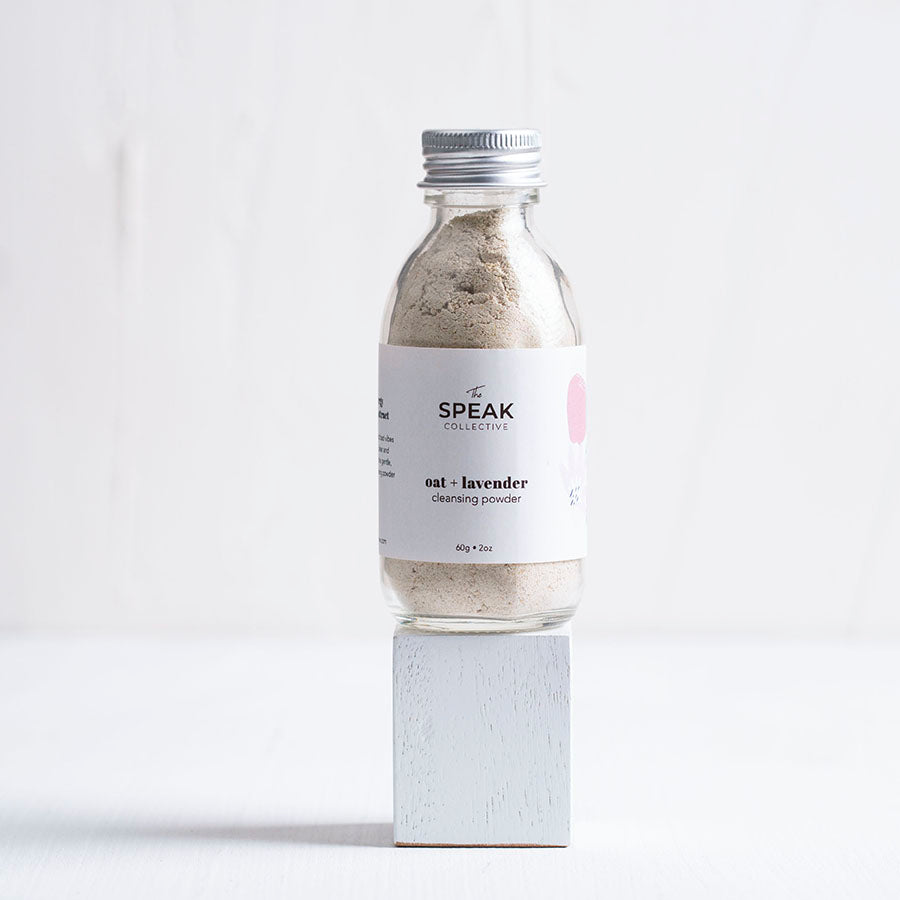

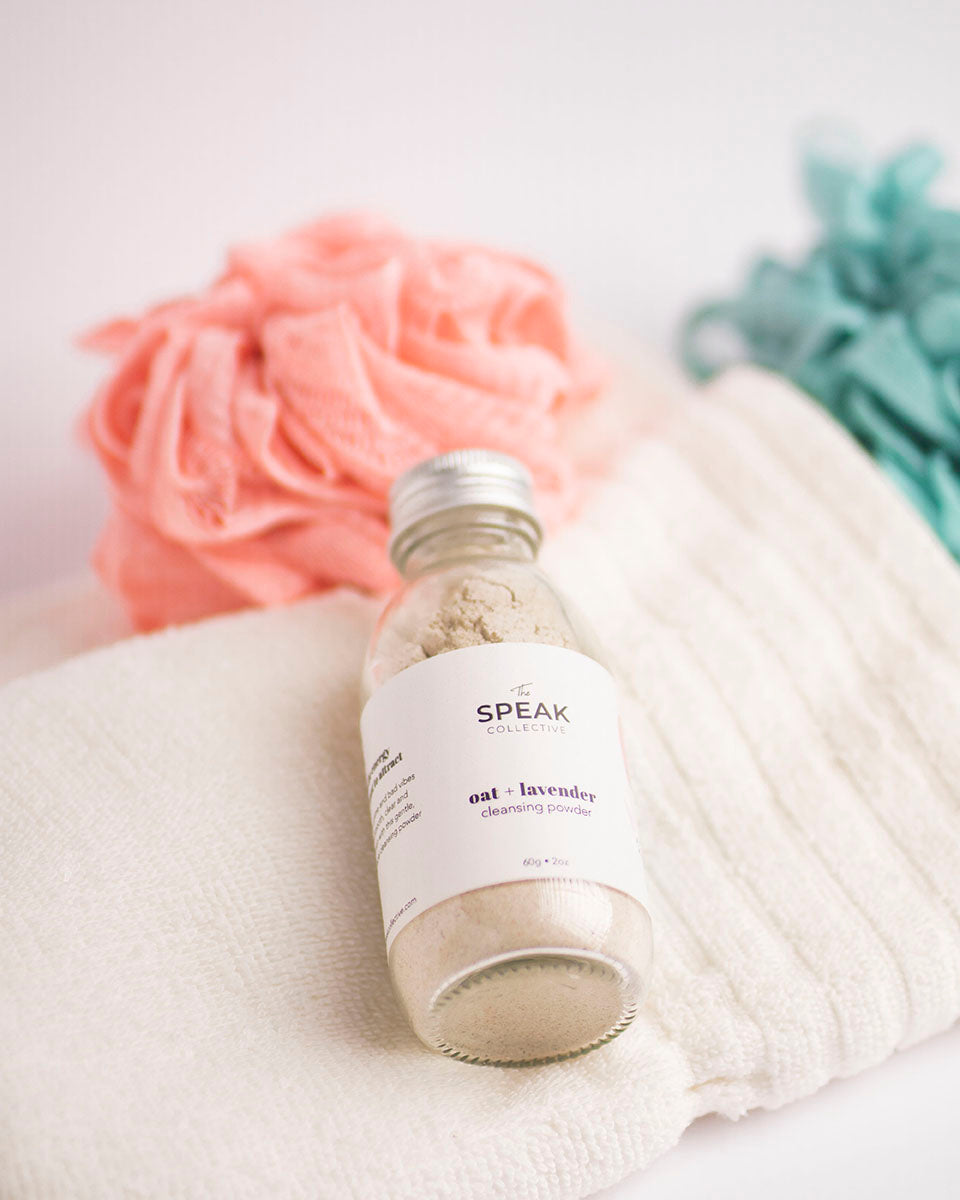
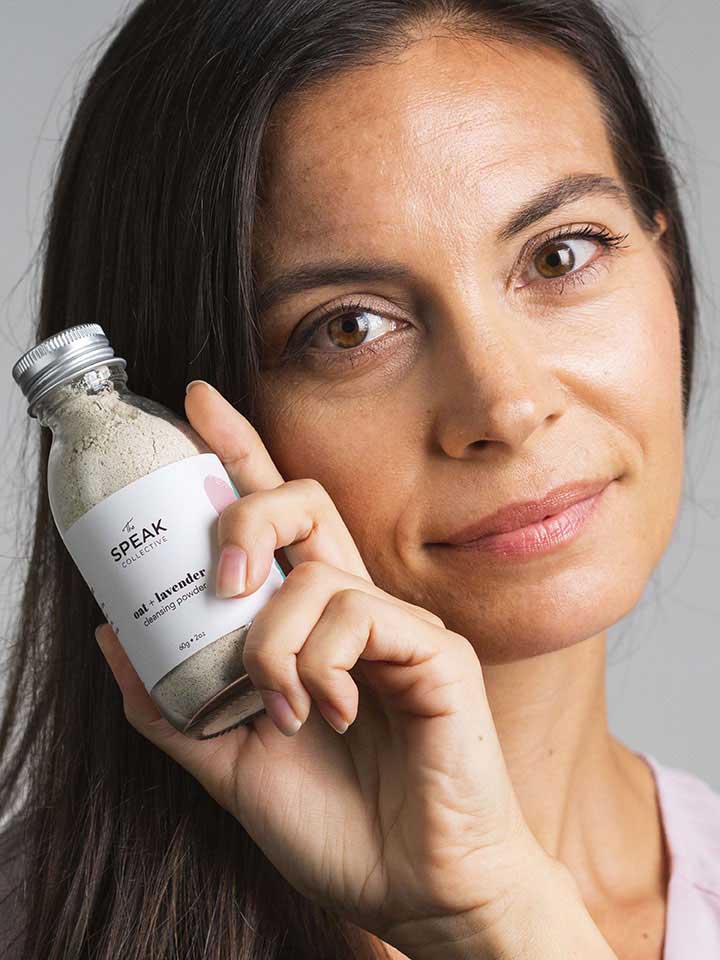
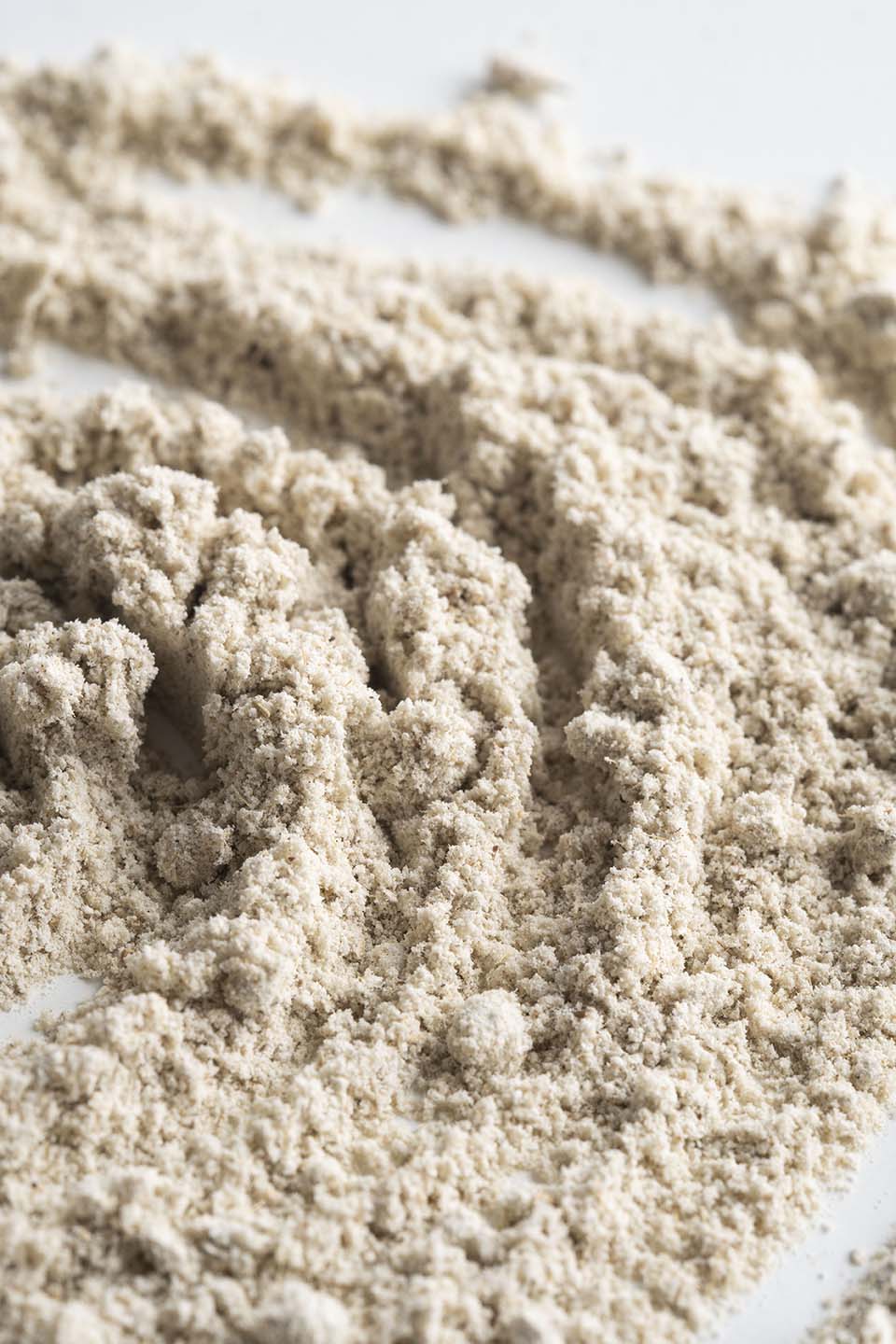
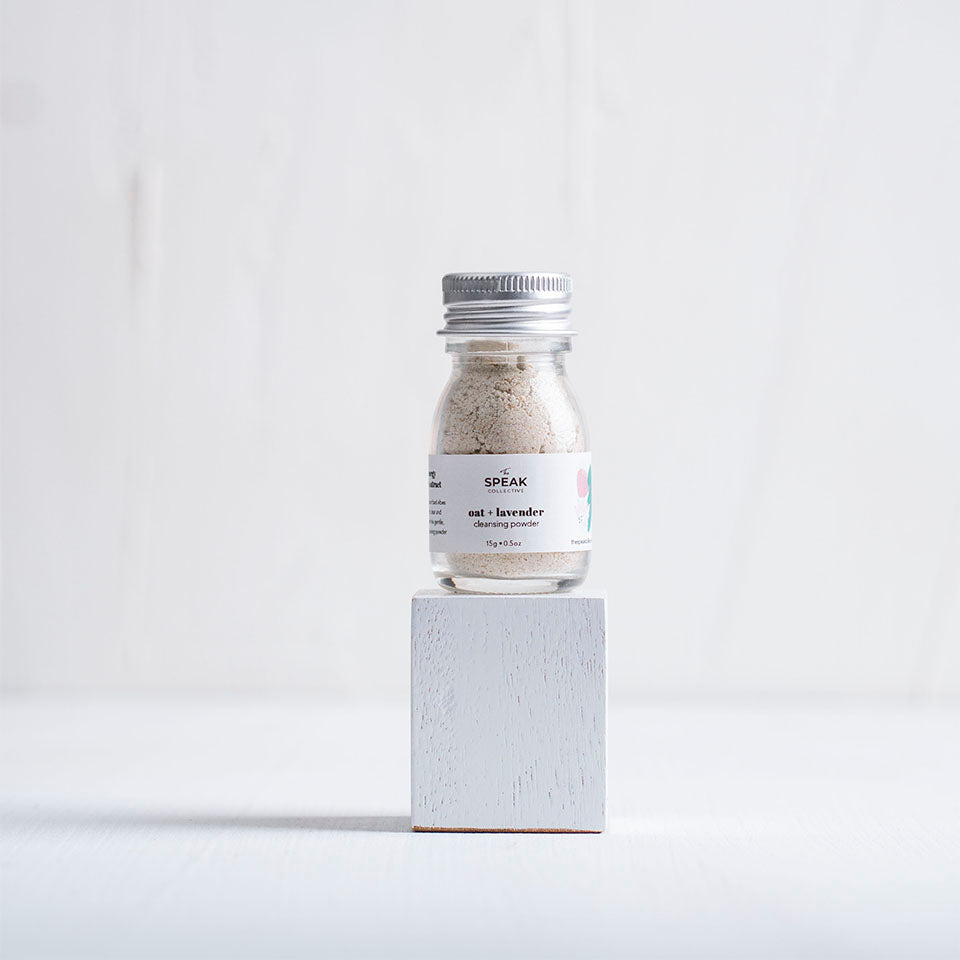
Oat + Lavender Cleansing Powder





Cocoa + Calendula Lip Balm
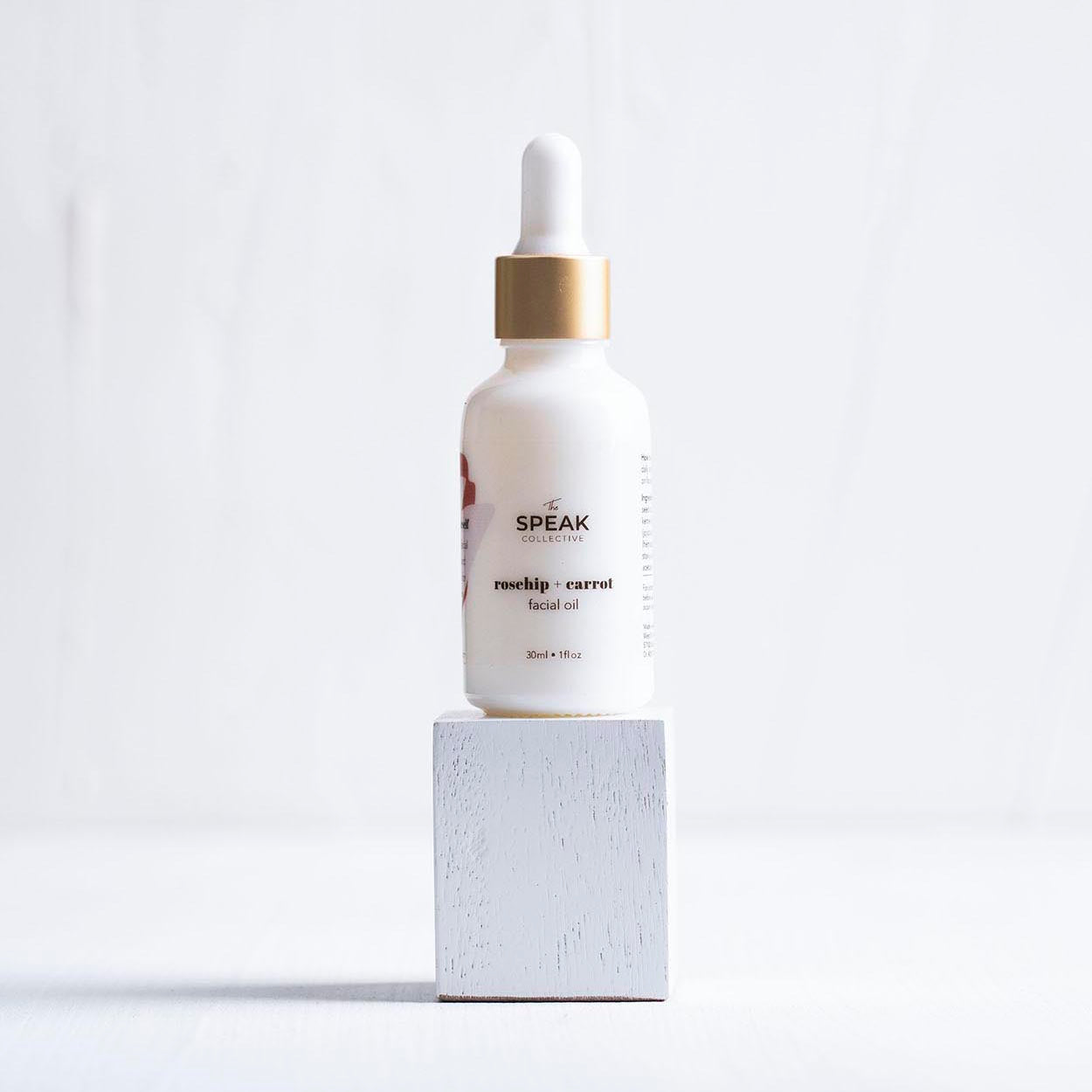


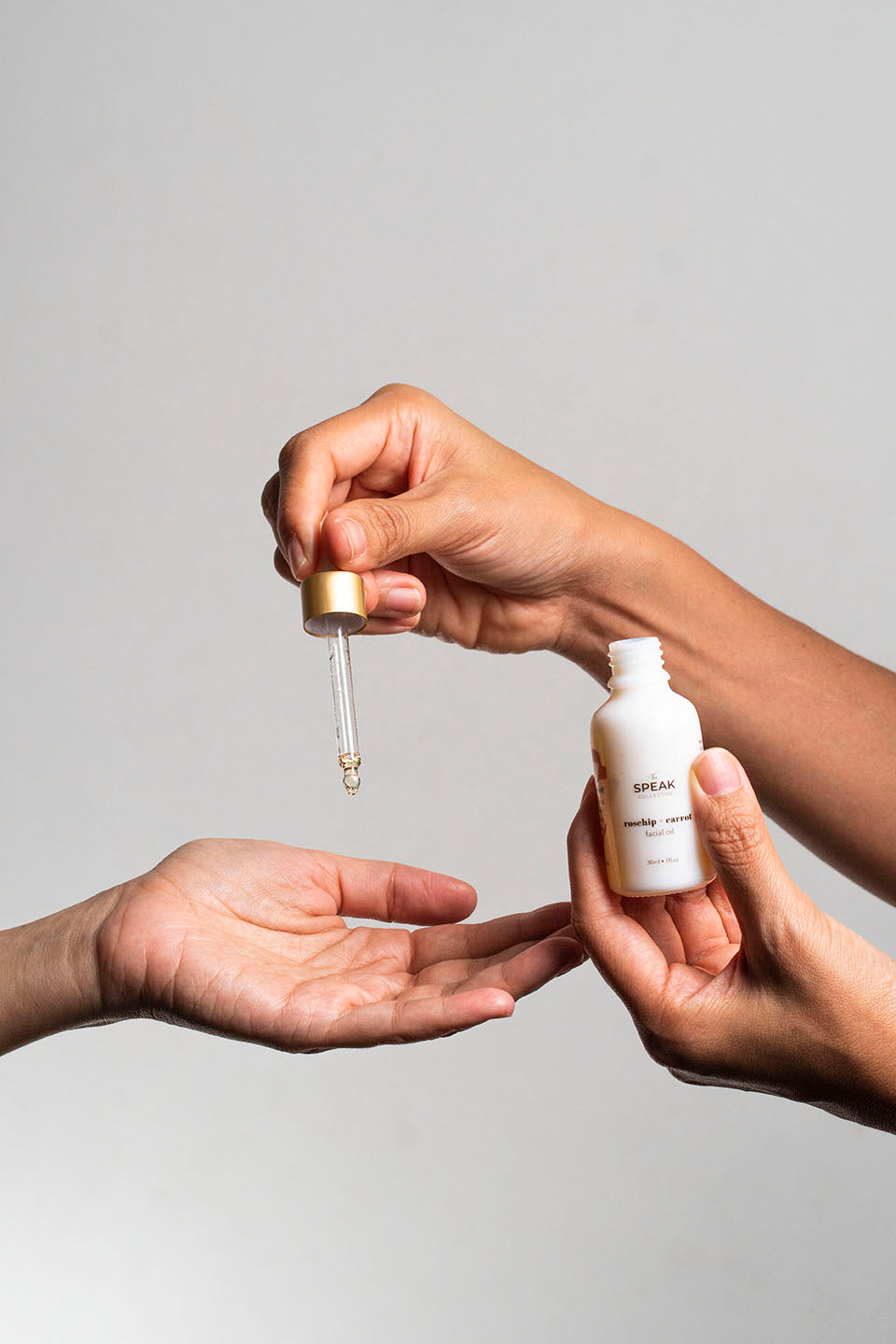
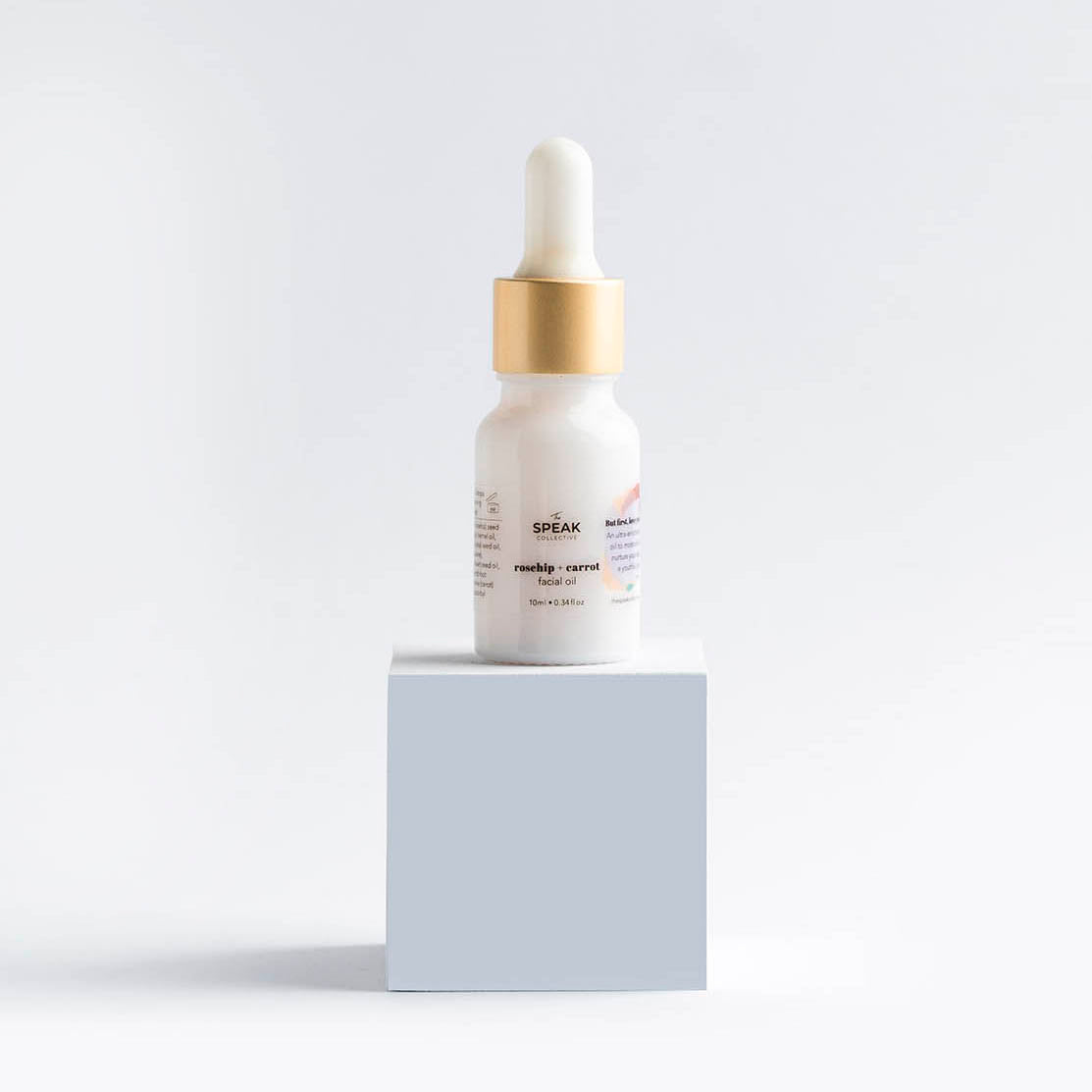
Rosehip + Carrot Facial Oil
